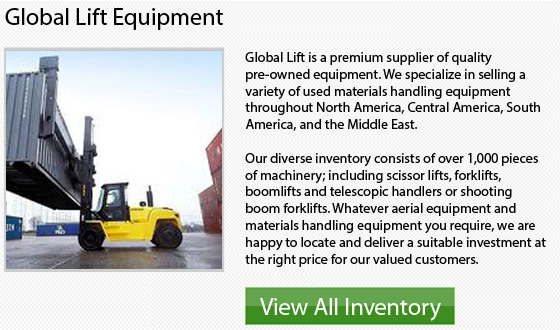
Basic Training Information for LPG
LPG or liquefied petroleum gas is a fuel which has 90 percent propane and has no colour or smell. It is derived from natural gas. Liquid Petroleum Gas is extracted utilizing a process called distilling.
Considerations
LPG must be handled with care. Even though it is generally considered safe, it can lead to an explosion or fire if the gas lines are not maintained or have not been properly installed. Correct installation and maintenance guidelines must always be followed for home appliances which utilize liquid petroleum gas.
Prevention
To ensure safe handling, employees who work with LPG directly must undertake training. The handling and refueling procedures have to be followed carefully. Personnel must also be taught how to recognize hazards like loose fittings or damaged hoses, and how to test for possible leaks. Personal protective gear should always be worn when working with LPG.
Emergency Preparation
Potentially, the liquid petroleum gas is dangerous. The employees in charge of handling this gas need to be trained and prepared to respond to emergencies. Trainees will be taught how to control gas leaks, how to administer first aid and how to evacuate places at risk.
Various Sizes of Liquid Petroleum Gas Tanks
Liquid Petroleum Gas tanks will range in size from small tanks the size of a backpack all the way to big underground tanks. Liquid petroleum Gas is useful for cooking and heating for both commercial and residential applications. Lots of forklift models are powered by LPG. About 350,000 vehicles in the United States and 3.5 million motor vehicles globally utilize liquid petroleum gas tanks.
33 Gallons
The 33-gallon gas tank delivers fuel to commercial grade machines. The empty tank weighs roughly 7 kilograms. When full, the tank could hold 14 kilograms of propane. It is big enough for industrial use, and is designed to fuel lift trucks with LPG engines. The tank has a 30 centimeter diameter and is 71 centimeters long.